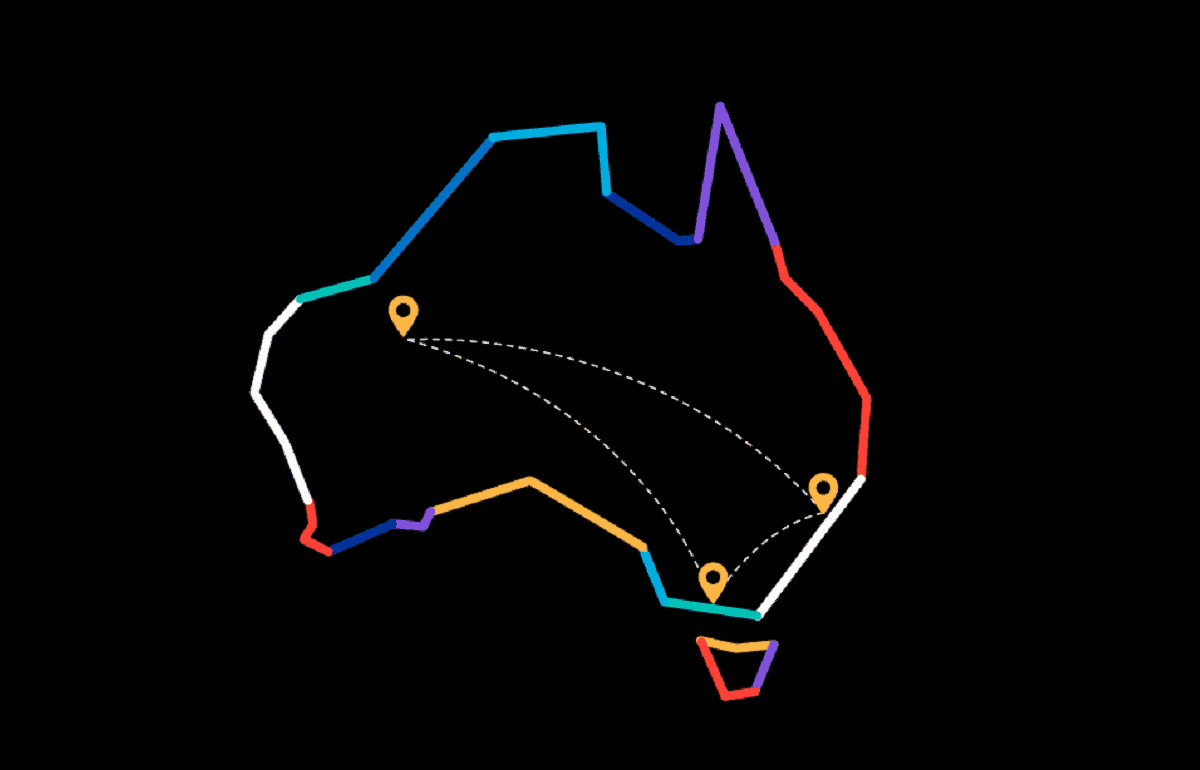Microsoft, Google, Facebook and Twitter sign up for Australian misinformation code

The major technology companies and social networks in Austalia have signed up for the Australian Code of Practice on Disinformation and Misinformation, a voluntary code of practice by the Digital Industry Group Inc (DiGi), a non-profit industry association advocating for the digital industry in Australia.
The code has 7 key principles:
- Protection of freedom of expression: Digital platforms provide a vital avenue for the open exchange of opinion, speech, information, research and debate and conversation as well as creative and other expression across the Australian community. Signatories should not be compelled by Governments or other parties to remove content solely on the basis of its alleged falsity if the content would not otherwise be unlawful. Given its subject matter, the Code gives special attention to international human rights as articulated within the Universal Declaration on Human Rights, including but not limited to freedom of speech. Signatories are encouraged to, in developing proportionate responses to Disinformation and Misinformation to be cognisant of the need to protect these rights.
- Protection of user privacy: Digital platforms value their users’ privacy. Any actions taken by digital platforms to address the propagation of Disinformation and Misinformation should not contravene commitments they have made to respect the privacy of Australian users, including in terms and conditions, published policies and voluntary codes of conduct as well as by applicable laws. This includes respect for users’ expectations of privacy when using digital platforms and in private digital communications. Additionally, any access to data for research purposes must protect user privacy.
- Policies and processes concerning advertising placements: Digital platforms recognise the importance of having policies and processes in place with respect to advertisement placements on their services and products to reduce revenues that may reach the propagators of Disinformation.
- Empowering users: Digital platforms should empower users to make informed choices about digital media content that purports to be a source of authoritative current news or of factual information.
- Integrity and security of services and products: Digital platforms should communicate on the effectiveness of efforts to ensure the integrity and security of their services and products by taking steps to prohibit, detect and take action against inauthentic accounts on their services and products whose purpose is to propagate Disinformation.
- Supporting independent researchers: Digital platforms recognise the importance of industry support for research efforts by independent experts including academics that can inform on trends and effective means to counter Disinformation and Misinformation. The Code provides various options for digital platforms to participate in independent research initiatives.
- Without prejudice commitments: This Code is without prejudice to other initiatives aimed at tackling Disinformation and Misinformation by digital platforms.
The policy was developed at the request of the Australian government and will be reviewed in 12 months. Companies involved are required to have a working complaints procedure in place within 6 months. The code excludes private messaging services, email services, and enterprise services. Notably, it also excludes content authorised by an Australian state or federal government; political advertising or content authorised by a political party registered under Australian law.
See the full code here (pdf).
via ZDNet
Read our disclosure page to find out how can you help MSPoweruser sustain the editorial team Read more




User forum
0 messages